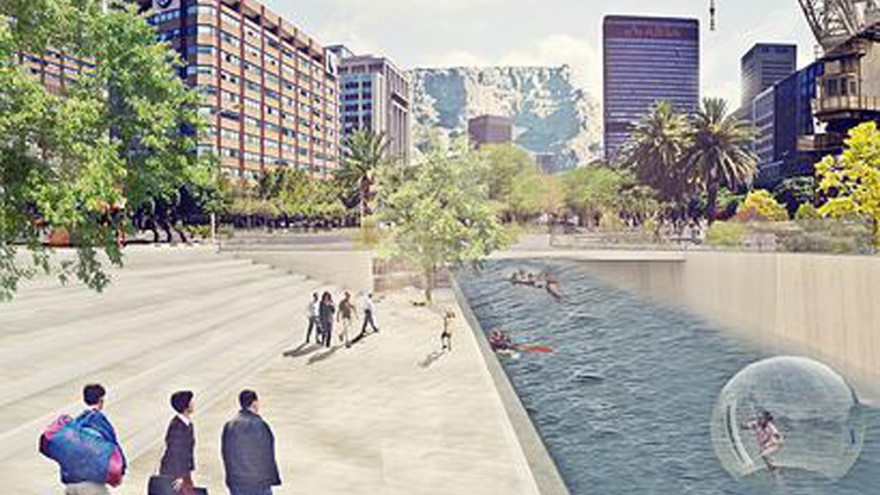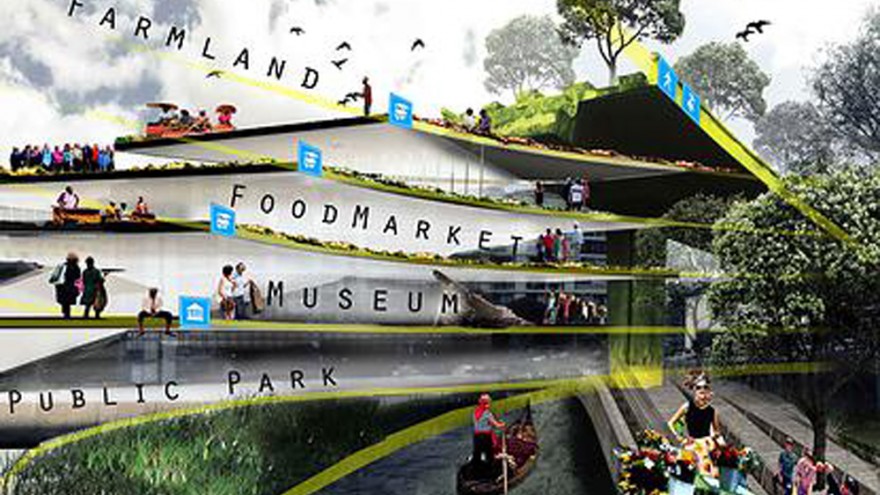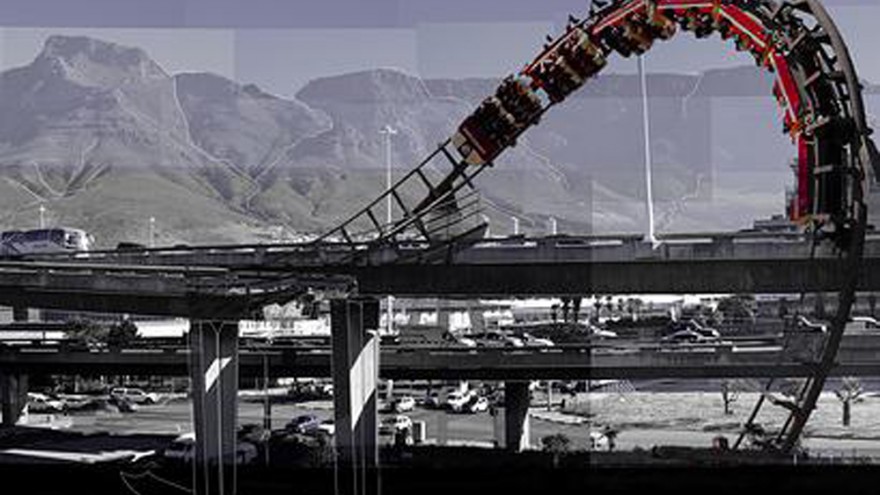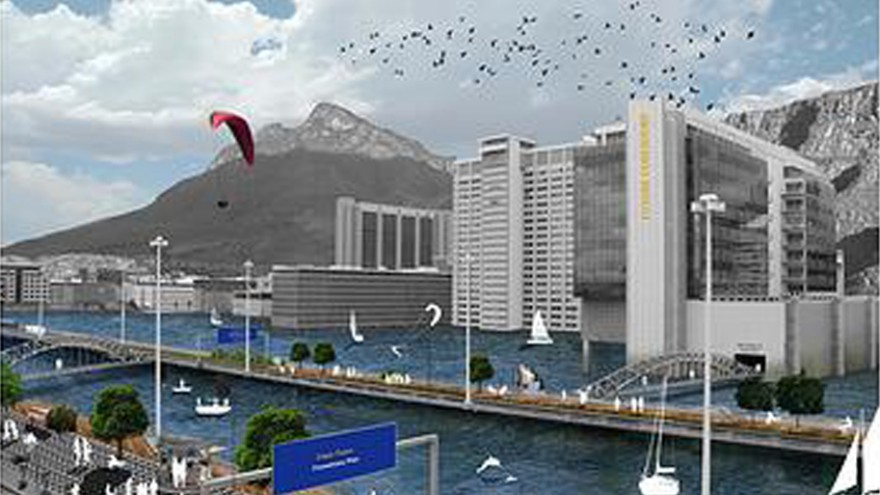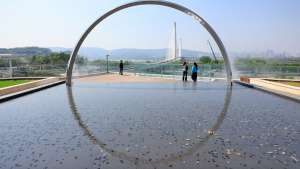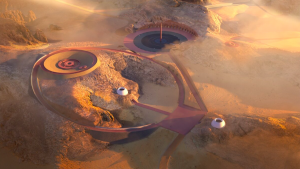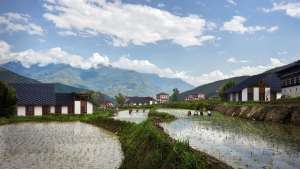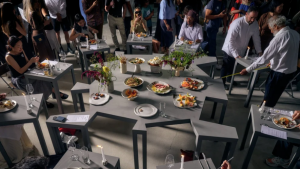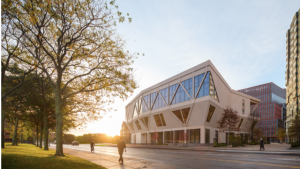The conceptual thinking around the Foreshore freeway in Cape Town began in the 1940s when plans were developed for the area and through-city boulevards were proposed. In the 1960s, an elevated freeway structure along the Foreshore was proposed as part of a ring-road concept for the CBD that consisted of freeway connections to Sea Point and Buitengracht, but not all of the freeways were completed.
The incomplete highways have, over the years, become icons on the Cape Town city skyline. They have been the stage and backdrop to many advertising and film shoots, fashion shows and parties but debate continues about what should happen to these surreal-looking slabs of concrete in the long run.
Should the built sections be demolished and the land used in other ways? Or can the uncompleted sections be used in alternative, creative ways? How could the entire area surrounding the freeway become a vibrant and exciting place where Capetonians and visitors will want to live, work and play?
Future Foreshore, a collaborative project between the City of Cape Town and the students of the engineering and built environment disciplines from the University of Cape Town, seeks to find innovative solutions for the future of the Foreshore area and the highways.
The project gave students the opportunity to grapple with a real-world project and to work in a real inter-disciplinary way outside of the traditional silos of their academic departments. The collaboration gave them a sense of what they would encounter in their professional lives.
Students have produced a wide range of proposals. They reviewed existing proposed conceptual designs and considered new alternatives, taking into account successful examples from other cities around the world, as well as the needs and priorities of the Cape Town's residents.
They came up with a veritable goldmine of innovative solutions and approaches to placemaking. Proposals range from environmentally conscious solutions such as self-sustaining aquaponic gardens and public parks to an extensive skatepark and even a rollercoaster.
The project, which is recognised as part of the 2014 World Design Capital programme, culminated in an exhibition, where the proposals were presented and handed over to the Mayor of Cape Town.

